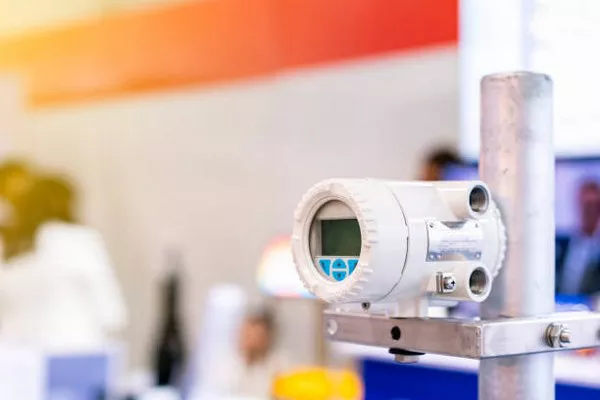Instrumentation amplifiers (IAs) are a vital component in the realm of electronic instrumentation and signal processing. These specialized amplifiers play a crucial role in achieving high-precision measurements, especially in applications where accuracy, stability, and reliability are paramount. This article delves into the functions and applications of instrumentation amplifiers, shedding light on their importance in various fields.
Understanding Instrumentation Amplifiers:
An instrumentation amplifier is a type of differential amplifier that is specifically designed to amplify small signals while rejecting common-mode noise. The distinguishing feature of IAs is their ability to provide high common-mode rejection ratio (CMRR) and high input impedance. These characteristics make them ideal for applications where precise signal acquisition is essential.
Key Features of Instrumentation Amplifiers:
High Common-Mode Rejection Ratio (CMRR): Instrumentation amplifiers excel at rejecting unwanted common-mode signals, which are signals that are present in both input terminals. The ability to reject common-mode noise is crucial in applications where the signal of interest is small compared to the interference.
High Input Impedance: Instrumentation amplifiers typically have a high input impedance, which means they draw minimal current from the source. This high input impedance prevents loading effects on the signal source, ensuring that the original signal is not distorted or attenuated.
Precision and Accuracy: IAs are designed for precision measurements, making them suitable for applications where accurate signal representation is essential. Whether in medical devices, industrial automation, or scientific instruments, the precision offered by instrumentation amplifiers is indispensable.
Applications of Instrumentation Amplifiers:
Biomedical Instrumentation: In the field of healthcare, instrumentation amplifiers are extensively used in medical devices such as electrocardiograms (ECGs), electromyograms (EMGs), and electroencephalograms (EEGs). These devices require high-precision amplification of bioelectric signals, and instrumentation amplifiers ensure accurate representation of these signals while rejecting interference.
Industrial Automation: Instrumentation amplifiers find widespread use in industrial automation systems, where they play a crucial role in measuring and monitoring various parameters such as temperature, pressure, and strain. The ability to provide accurate readings in harsh industrial environments makes IAs indispensable for process control and monitoring applications.
Strain Gauge Measurements: Strain gauges are used to measure mechanical deformation in structures. Instrumentation amplifiers are employed in conjunction with strain gauges to amplify the small signals resulting from mechanical strain. This is particularly important in fields such as civil engineering, where the structural integrity of buildings and bridges is monitored.
Sensor Signal Conditioning: Sensors often produce small signals that need to be conditioned before further processing. Instrumentation amplifiers are employed for signal conditioning tasks, ensuring that the signals are accurately amplified and filtered before being fed into data acquisition systems.
Precision Data Acquisition Systems: In scientific research and testing, precision data acquisition is critical. Instrumentation amplifiers are integral components of data acquisition systems, providing accurate and stable amplification of signals from sensors and transducers.
Aerospace and Defense: In aerospace and defense applications, where reliability and accuracy are paramount, instrumentation amplifiers are used for tasks such as signal conditioning in communication systems, radar systems, and avionics.
Audio Applications: While not as common as in other applications, instrumentation amplifiers are also employed in high-fidelity audio systems. They can be used for balanced audio signal amplification, ensuring low noise and distortion in audio reproduction.
See Also: What Instrumentation Engineer Do?A Comprehensive Guide
Conclusion:
Instrumentation amplifiers play a pivotal role in various applications where precision, accuracy, and reliability are non-negotiable. From healthcare to industrial automation, these amplifiers are the unsung heroes that enable the acquisition of high-quality data in challenging environments. As technology continues to advance, instrumentation amplifiers will likely see further refinements, expanding their applications and contributing to the progress of diverse fields reliant on accurate signal processing. The continued development of instrumentation amplifiers promises a future where precision measurements become even more accessible and commonplace across industries.

